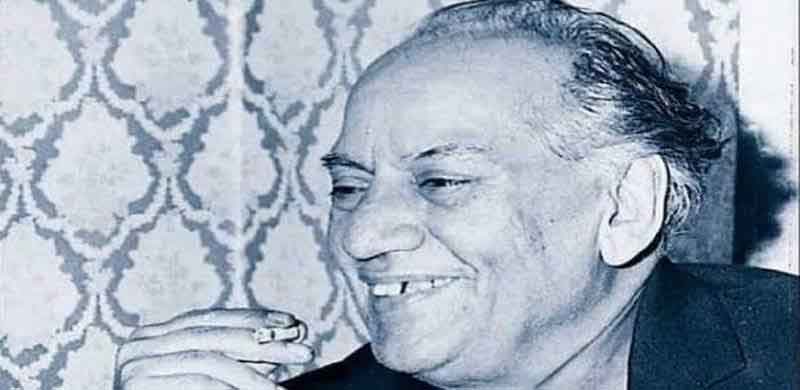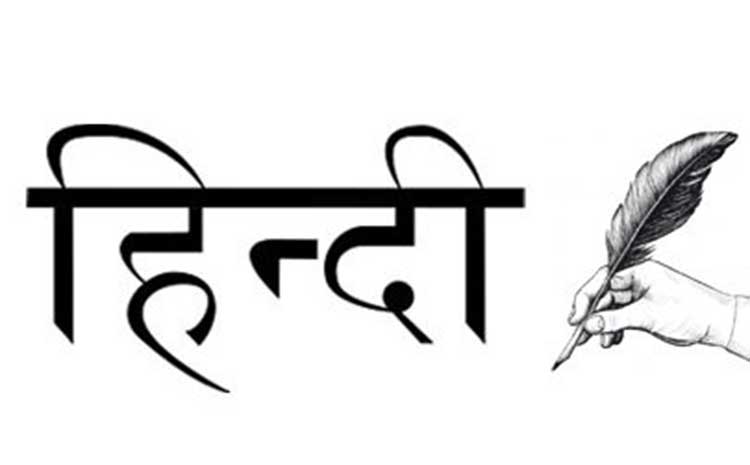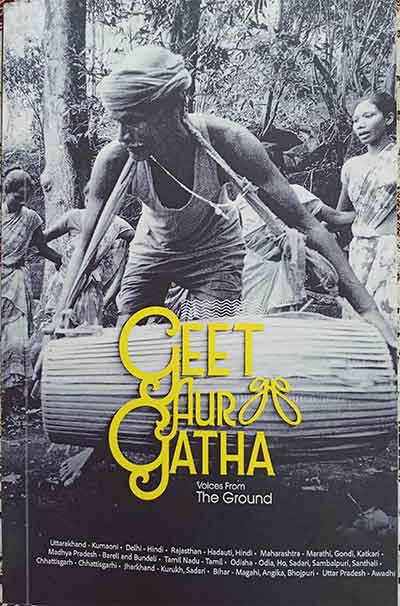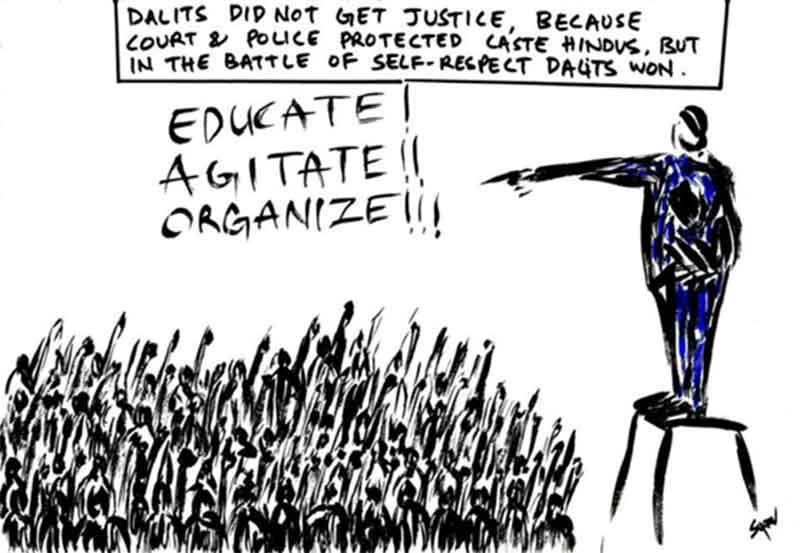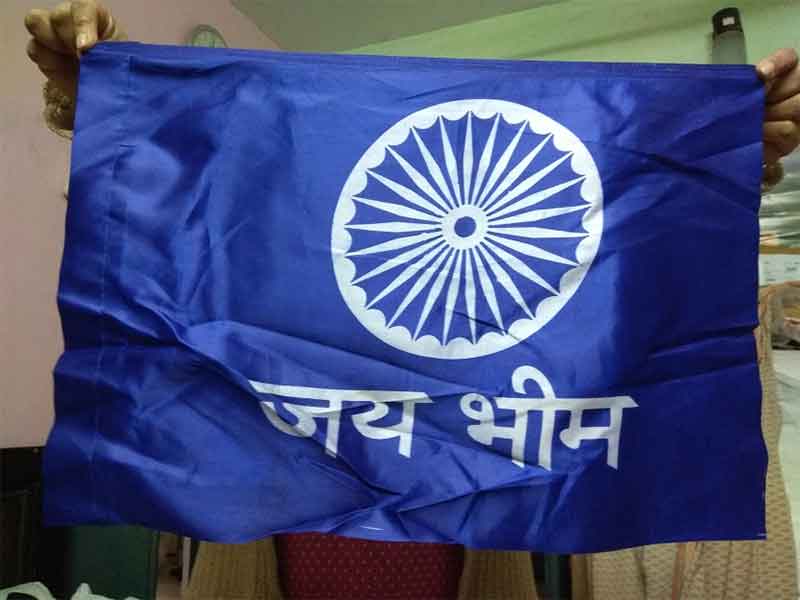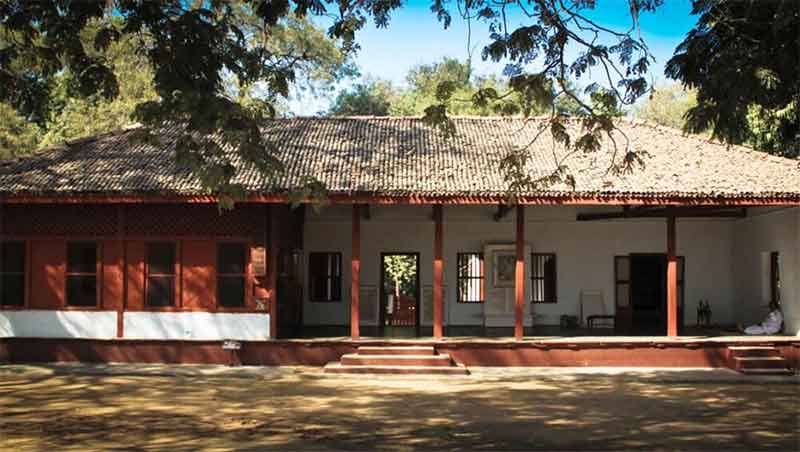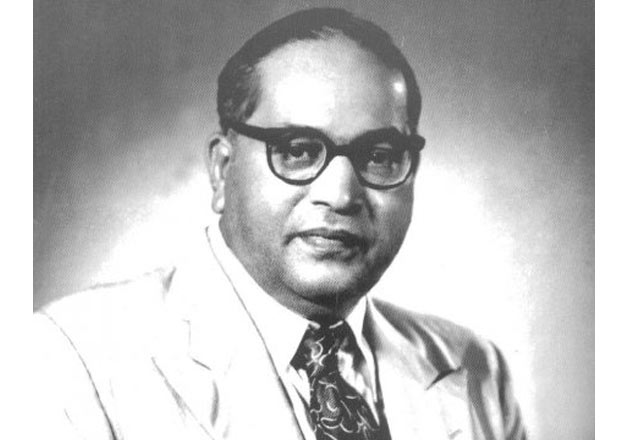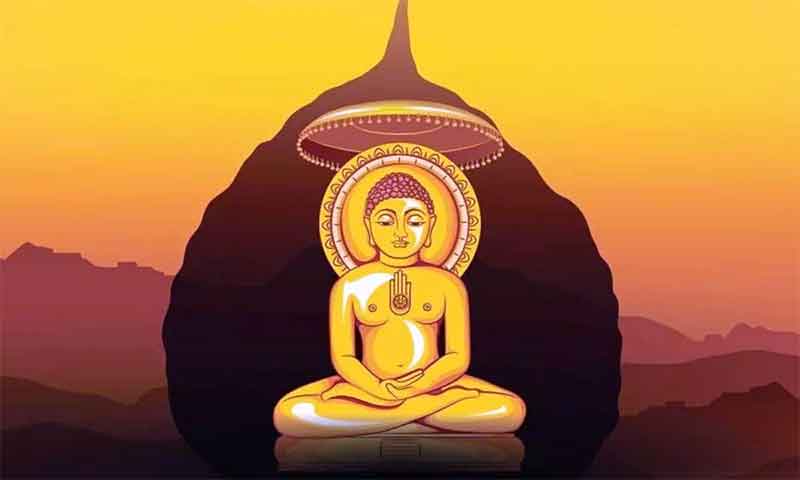
Today, 10th April, 2025 is Mahavir Jayanti, the birthday of Lord Mahavir, the 24th and last Tirthankar of the Jains. More of this here, here, here and here
On this occasion I wish to mention something about Jain philosophy, as it is very much needed in India today when religious intolerance is growing in our country.
Although there are many Jainis in India, most people, including most Jainis, do not know about the philosophy of Jainism.
I was a student of philosophy in the Allahabad University, and was deeply impressed by the Jain philosophy.
In a country of such tremendous diversity as India, Jainism is very relevant, as it promotes tolerance and secularism, which is absolutely essential if our country, is to hold together and progress.
The cornerstone of Jain philosophy is the concept of Anekantavad. This is defined as ‘non-absoluteness’, or ‘non-onesidedness’, or ‘many-foldedness’.
The Jain scriptures often explain this concept by the parable of the blind men and the elephant. Four blind men came to an elephant. The first felt the legs of the elephant and said that an elephant is like a pillar. The second felt its trunk, and said that an elephant is like a drainpipe. The third felt its ear, and said that an elephant is like a fan. The fourth felt its back, and said that an elephant is like a throne.
None of them got to know the whole truth as they knew only one aspect of it.
Jain philosophy is thus against dogmatism. It believes that reality is complex and multi-faceted.
Anekantavad does not mean compromising or diluting one’s own beliefs, principles or values. It allows us to understand and be tolerant of conflicting and opposing views, while respectfully maintaining the validity of one’s own views. Anekantavad encourages its adherents to consider the views and beliefs of their rivals and opposing parties.
Anekantavad also does not mean conceding that all arguments and views are true, but rather that logic and evidence determine which views are true, and as to which aspect, and to what extent. For this, Anekantavad relies on ‘samayakva’ which means rationality and logic, and ‘syadvada’ which means ‘perhaps’ or ‘may be’, i.e. ‘in some ways’ or ‘ from a particular perspective’.
Democracy, freedom of speech and freedom of religion, tolerance, and secularism impliedly reflect the Jain philosophy of Anekantavad.
In the Holy Quran it is stated ” Unto you be your religion, and unto me be mine”.
The great Moghul Emperor Akbar had great respect for Jainism, and I have mentioned in some detail about his meetings and discussions with the Jain monks Hirvijaya Suri, Bhanuchandra Upadhyaya, and Vijaysen Suri in my judgment in Hinsa Virodhak Sangh vs. Mirzapur Moti Koreish Jamaat, from paragraph 51 onwards (which can be seen online).
Science also adopts a non-absolutist approach in understanding nature. Thus, at one time it was believed that light travels as waves ( Huygens theory), but Max Planck demonstrated that it travels in discrete particles called ‘quanta’ or packets of energy (which is why it is called the Quantum Theory). J.J. Thompson’s plum pudding model of the atom was disproved by Rutherford’s famous gold foil experiment which showed that electrons were not embedded on the surface of the atom, but were instead existing outside the nucleus and revolving around it (like planets orbiting the sun). Quantum mechanics demonstrated that electrons, protons, etc can be conceived of as both particles and waves (because they undergo diffraction, interference and polarization, which are characteristics of waves).
Science is constantly developing, and hence no theory can be said to be absolutist or the last word on the topic. What was regarded true yesterday may be found untrue today. Biblical and Ptolemy’s theory (that our world was the centre of the Universe) was disproved by Copernicus’ theory in 1543. Similarly, what is regarded true today may be found untrue by later scientific research. But whatever theory is advanced must be supported by logic and evidence (which the Jain philosophy calls ‘samyakva’).
Anekantavad of Jainism is the philosophy needed by India today, as it promotes tolerance, and opposes religious bigotry.
I may here also mention about Moghul Emperor Akbar and the Jain saints of Ahmedabad.
Having heard of the virtues and learning of the renowned Jain saint of Ahmedabad Hir Vijaya Suri in 1582 the Emperor Akbar sent an invitation to him through the Mughal Viceroy at Ahmedabad. Suri accepted the invitation, but when he was offered money by the Viceroy to defray the expenses of the journey, he refused, saying that as a matter of principle whenever a Jain sadhu travels he does so by begging alms from people on the way.
The delegation consisting of Hir Vijaya Suri, Bhanu Chandra Upadhyaya and Vijaya Sen Suri started on their journey from Ahmedabad and walked on foot, begging alms on the way, to Fatehpur Sikri where they were received with great honour befitting imperial guests.
Hir Vijaya Suri first had a discussion with Emperor Akbar’s confidante Abul Fazl, to whom he propounded the doctrine of Karma and an impersonal God.
When he was introduced to the Emperor Suri defended true religion and told him that the foundation of faith should be daya (compassion) and that God is one though he is differently named by different faiths.
The Emperor received instruction in Dharma from Suri, who explained the Jain doctrines to him. He discussed the existence of God and the qualities of a true Guru and recommended non-killing (Ahinsa). The Emperor was persuaded to forbid the slaughter of animals for six months in Gujarat and to abolish the confiscation of the property of deceased persons, the Sujija Tax (Jeziya) and a Sulka (possibly a tax on pilgrims) and to free caged birds and prisoners. He stayed for four years at Akbar’s court and left for Gujarat in 1586.
Suri obtained various concessions to his religion. The Emperor is said to have taken a vow to refrain from hunting and expressed a desire to leave off meat- eating for ever as it had become repulsive to him.
When Suri and the other Jain saints were departing in 1586 for Ahmedabad, the Emperor presented to them the Padma Sundar Jain scriptures which were preserved in his palace. He offered them to Suri as a gift and the latter was pressed by the Emperor to accept them.
At one time Jainism, like Buddhism, had spread in large parts of India. In fact when I was Chief Justice of Madras High Court ( 2004-2005 ) I met a few Tamilian Jainis. Though today Jains are much less widespread ( they are mostly in Western India ), their philosophy of tolerance and respect for other’s views is what is sorely needed all over in India.
Happy Mahavir Jayanti to all !
Justice Markandey Katju is a former Judge, Supreme Court of India, and former Chairman of Press Council of India.




